 MIAMI GARDENS – A proposal to hike Miami-Dade County’s hotel tax by a penny and use the anticipated $289 million to help fund major renovations of Sun Life Stadium, home of the Miami Dolphins, is drawing mixed reaction among black community residents.
MIAMI GARDENS – A proposal to hike Miami-Dade County’s hotel tax by a penny and use the anticipated $289 million to help fund major renovations of Sun Life Stadium, home of the Miami Dolphins, is drawing mixed reaction among black community residents.
Arrayed on one side of the plan are heavyweights such as Miami-Dade County Commissioner Barbara Jordan, Miami Gardens Mayor Oliver Gilbert and attorney H.T. Smith.
The lineup on the other side includes veteran community activist Betty Ferguson and attorney Christine M. King, president/CEO of the Martin Luther King
Economic Development Corporation (MLKEDCO).
Officials of the pro football team, which is owned by billionaire Steven M. Ross, insist that the money is needed to make the stadium competitive for marquee sports events, in particular the Super Bowl. According to the officials, those events generate huge financial boosts for local economies, averaging in the hundreds of millions of dollars.
Many local elected officials and business leaders support the plan but it hits a sore point with some African Americans who are not so sure the deal and its purported benefits are worth so much money, especially during times of limited county fiscal resources.. There’s also concern that the poorer communities will not see much of the projected windfall.
Jordan, whose district includes Miami Gardens, home of the stadium where the Miami Dolphins play, is one of the more vocal proponents.
“I’m absolutely in favor of it,” said Jordan, who sponsored a resolution in the County Commission to put the issue to a referendum.
Earlier this month, the commission picked May 14 for the public vote, pending approval in the Legislature for the proposed hike on the hotel tax that is likely to be voted on during the first week in May.
Dolphins officials point to a sense of urgency, noting the National Football League will announce the host cities for Super Bowls 50 and 51 by May 22 and final bids are due to the NFL by May 8.
The Dolphins are pledging to repay $112 million over 30 years out of the $289 million the team would receive from Miami-Dade County over 26 years.
In an effort to show good faith in bringing what Miami-Dade Mayor Carlos Gimenez calls “tier 1 events” to the county, the Dolphins have also agreed to be subject to up to $120 million in penalties if the venue does not host a certain number of those games and matches.
Smith, of Miami First, a Florida nonprofit created in March to push the stadium plan, said over the next 30 years the stadium must host four Super Bowls, four college national championship games and 20 international soccer matches for the formula to work.
Jordan said the plan will not get off of the ground if the Dolphins are not awarded one of the next two Super Bowls.
“If (the Miami Dolphins) don’t get either (Super Bowls) 50 or 51, they don’t get our money,” Jordan said.
Another extension of that good faith effort came in the form of a pledge by the Dolphins to foot the bill for the $4.8 million needed to pay for the special election which will feature 540 voting sites.
Miami Gardens’ Gilbert said emphatically that he is “in favor of renovating the stadium.”
“Sun Life Stadium is our largest taxpayer and our largest employer,” the mayor said. An upgrade to the stadium is “in the city’s best interest” because the improvements will increase the value of the property, which will, in turn, increase taxes.
Miami Gardens City Manager Danny Crew said the sports facility currently generates $900,000 annually in property taxes. Estimating how much more will come from a renovated stadium is difficult, he said, but to use an example, if the upgrades result in an additional property appraisal of $200 million, the city could see an additional $1.2 million in property tax revenue, he said.
Ferguson, who along with her late husband Wilkie D. Ferguson Jr., led the initial fight to block the construction of the stadium in the early 1980s, said the current debate about public dollars to finance even a portion of the cost of Sun Life Stadium upgrades is “not the same fight.”
“I don’t see any harm to the Miami Gardens community,” said Ferguson. “The argument seems to be ‘we’re not taking away money from any areas.’ They’re hoping voters will focus on that.”
The biggest concern for the retired county commissioner, whose former seat Jordan now holds, is priorities. Using tax dollars to finance the stadium upgrade, she said, is “absolutely not” the best use of public funds.
“When I look at the allocation for the school system, it’s enough to bring you to tears,” said Ferguson, who cited areas of need such as security on school buses, funding for arts programs, crumbling facilities and the gradual closing of schools such as Edison and Parkway middle schools.
“We’re not investing in our children to the extent that we should,” Ferguson said.
The MLKEDCO’s King also has concerns about benefits to the community from the proposed deal.
King recently met with Anthony Robinson of Miami First in response to calls from her to “F the Stadium” – as in “Fix the Stadium.”
“It certainly got their attention,” she said.
King said she has gone out of her way to reach out to Gimenez, Jordan, Dolphin’s president Mike Dee and others involved in negotiating the deal. She wants “a global agreement,” not just to benefit Miami Gardens and not just for Super Bowls, which she describes as “temporary” events, but for all of Miami-Dade County.
“Those dollars don’t really trickle down to the black community,” King said. “We feel that the agreement is lacking economic opportunity for Miami-Dade County as a whole.”
Smith maintains that the Dolphins have been good corporate citizens.
The well-known attorney, who is noted for launching a boycott of tourism in Miami after the city snubbed Nelson Mandela during the anti-apartheid crusader’s visit to the city in 1990, said he has been working with the Dolphins and the NFL since 1995 when Super Bowl XXIX was played in Miami. He said he contacted the Dolphins for help to get a $1 million grant for seed
money from the league to build what is now the NFL Youth Education Town (Y.E.T.) program at Gwen Cherry Park in Liberty City.
On the strength of what he called “strong recommendations” from the Dolphins and the South Florida Super Bowl Host Committee, the NFL awarded the grant – and the Dolphins donated $100,000 towards the project, Smith said.
“Every time a Super Bowl has come to Miami since 1995, the NFL donates $500,000 to Y.E.T. and, in 2010, Miami-Dade County matched the NFL’s contribution,” said Smith. “They’ve been there for my community,” Smith, explaining why he is helping to push the stadium upgrade plan.
State Rep. Mike Fasano, R-New Port Richey, co-sponsored a bill with former colleague Michael S. “Mike” Bennett, R- Bradenton, stipulating that any professional sports team that receives state funding for their stadiums become more active corporate citizens. This was interpreted to refer to issues such as creating homeless shelters on stadium grounds and prohibiting local television “blackouts” for games that are not sold out.
Fasano sees the stadium upgrade debate as more than just a Miami-Dade question. “If the voters of Miami-Dade want to have at it, God bless them. I just don’t want the rest of the state to pay for it,” Fasano said.
Although a self-described longtime Dolphins fan, Fasano is “adamantly opposed” to the plan to subsidize the stadium upgrades.
Smith points out that the Dolphins are the only professional sports franchise that pays taxes in Miami-Dade County: the $900,000 in property taxes paid to Miami Gardens which represents about 1 percent of the city’s $70 million operating budget.
That said, a big part of this debate is the validity of the highly touted claims of marquee events like the Super Bowl creating a huge boost to a local economy.
“The high figures usually thrown about regarding the economic impact of events like the Super Bowl – especially in a community like Miami – can be misleading,” said Victor Matheson of Holy Cross College in Massachusetts who, with Robert Baade of Lake Forest College in Illinois, has spent much of the past 20 years researching the validity of claims of economic stimulus from major sporting events.
They said other factors besides the Super Bowl contribute to the local economy during the time the event is held, including a greater influx of tourists not in town for sports reasons.
Like Ferguson, Baade raises the issue of “alternative uses” for the money that would otherwise fund the renovations, such as transportation, communication and schools.
Based on their research, Matheson said that for residents of Miami-Dade County, if the decision to vote for the stadium upgrade is based on team spirit, then the choice is easy.
On the other hand, he said, if the decision to vote for the upgrade is based on economics, it would be “an ill-informed
decision.”

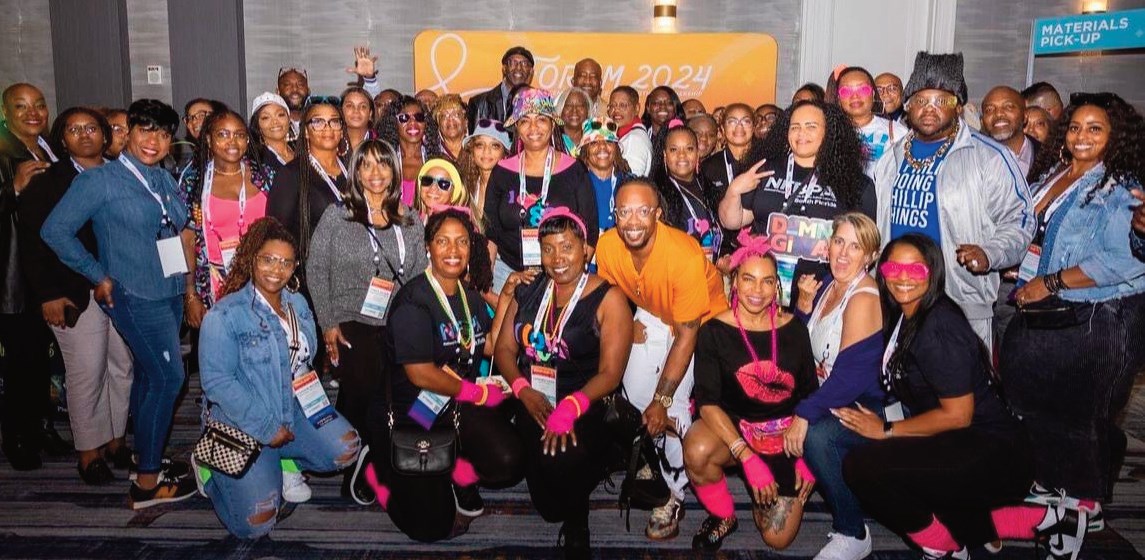
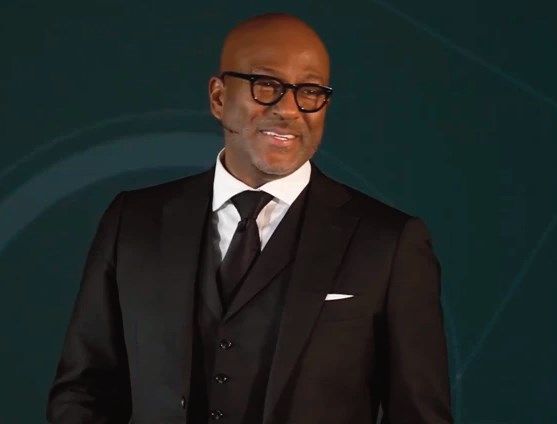


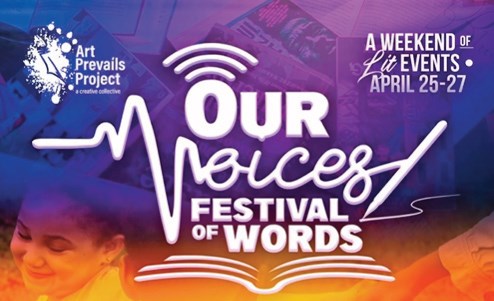

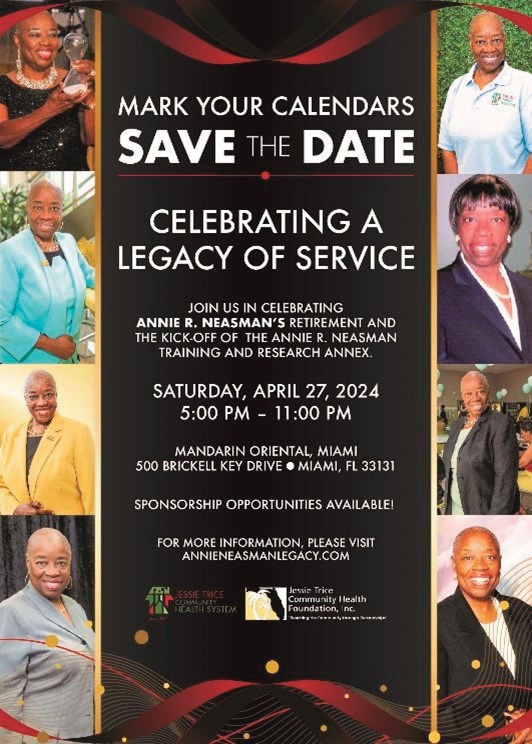
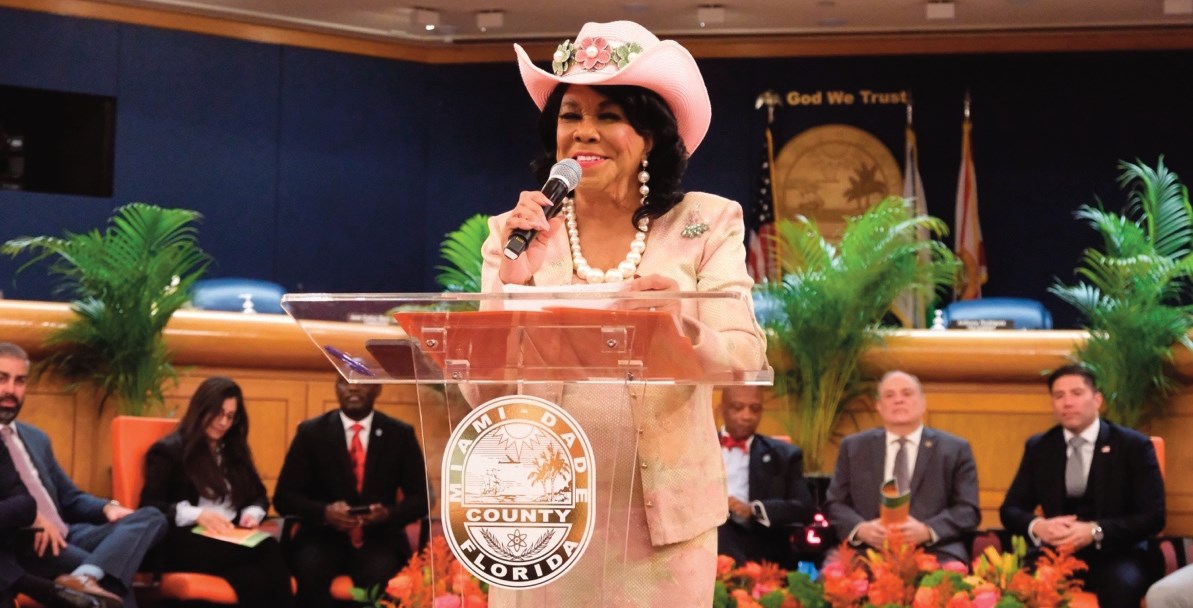



No Comment